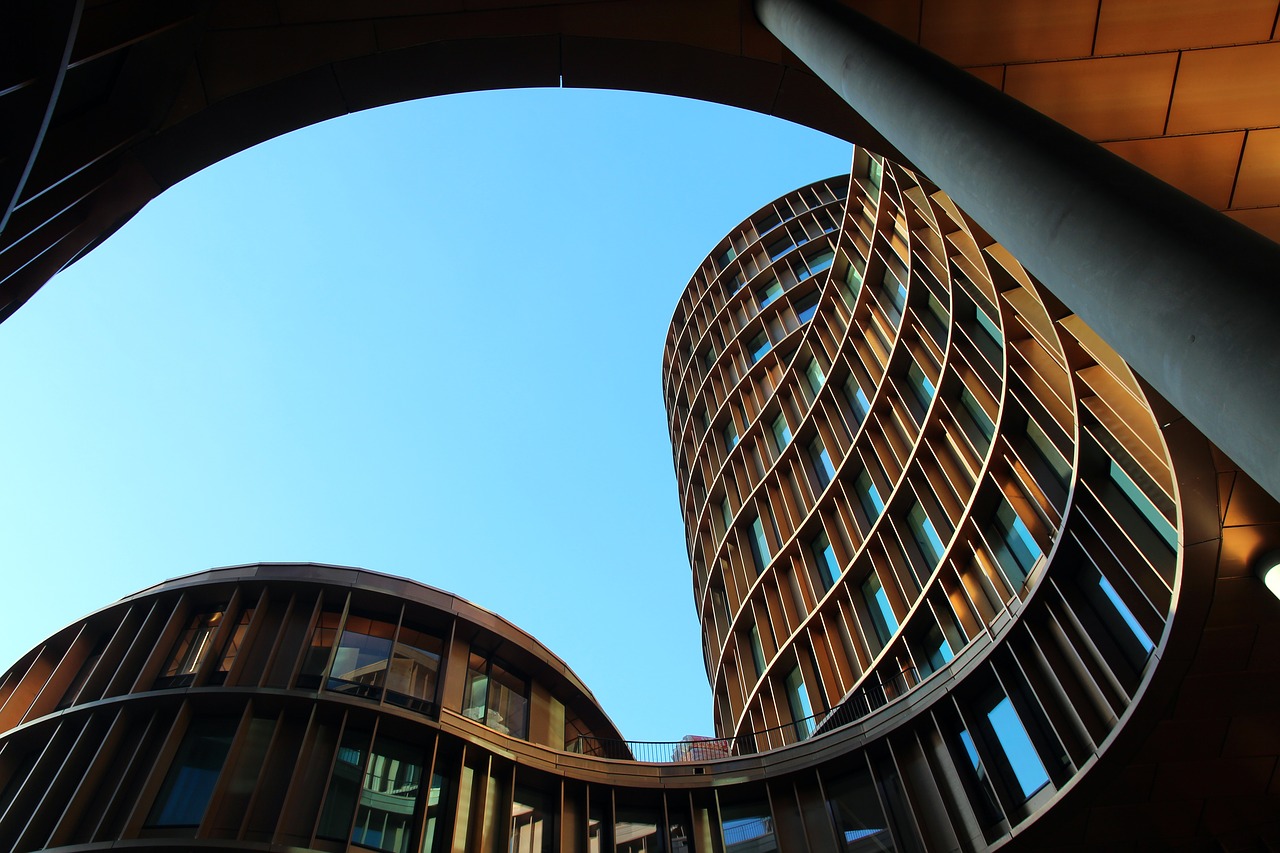We are constantly hearing the terms AI (Artificial Intelligence) and Machine Learning, but what does it mean?
In general, the term “artificial intelligence” means a machine which mimics human cognition. It is the ability of a computer program or a machine to think and learn. John McCarthy came up with the name “artificial intelligence” in 1955.
The application of A.I.
The construction industry is massive compared to banking, finance, and healthcare, which has a more focussed market and target area. AI is relatively easy to implement.
Statistics show us that an estimated 8.6 billion people will inhabit this planet by 2030, therefore there will be a global demand for housing. With this in mind, people all around the world will need buildings to live in, work in and relax in. This opens a cookie jar of surprises to find a pattern in construction to meet this growing demand. Unfortunately, due to the volume of information available, it would either be too difficult for humans to process or would take them too long.
This is where the market for artificial intelligence and emerging applications is becoming a much-needed necessity
The role of artificial intelligence in construction and building can be categories under the following:
Planning and Design
A 3D model-based process that gives architecture, engineering, and construction (AEC) professionals the insights to efficiently plan, design, construct and manage buildings and infrastructure.
Safety
With access to the enormous construction database, the use of AI can predict and prioritize high-risk issues or project subcontractor risk.
Autonomous Equipment
One of Japan’s largest construction and mining equipment manufacturers Komatsu, announced a partnership with NVIDIA to automate job sites with AI-enhanced systems and 3D visualizations to track the entire construction site with real-time interaction of people, machinery and objects in the site.
Monitoring and Maintenance
Rugged robots and drones equipped with cameras and LiDAR sensors will monitor and scan work sites. The AI platform can also detect errors in the construction by comparing visual data from everyday scans and presenting them on small scale design models.
Another application is temperature control. The AI app can collect data from existing commercial spaces and take into account user request data to moderate and optimize temperatures in different parts of the building.
Future Potential
There is consensus in the construction sector that AI can go a long way in addressing the safety risks and inefficiencies. Soon, AI will enable operators to make informed decisions based on higher awareness levels with expanding databases supplied by data-gathering cameras and drones improving efficiency in the construction industry.







